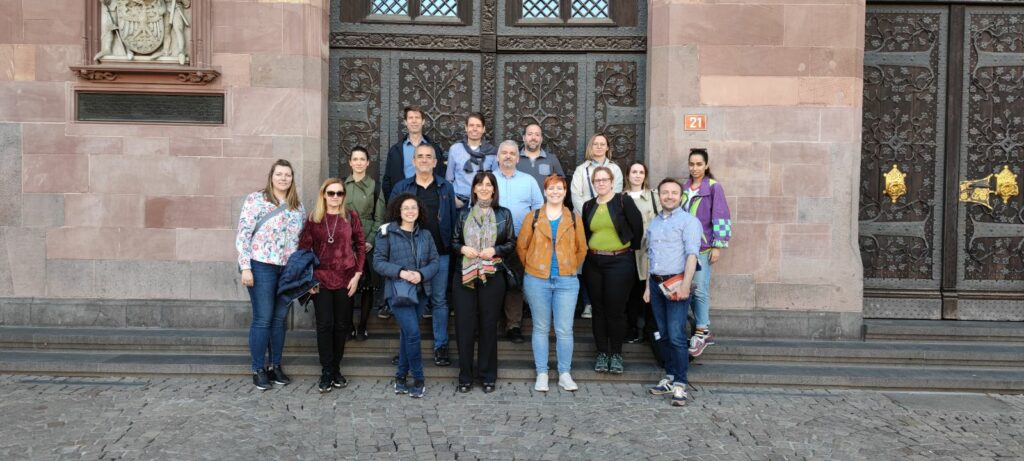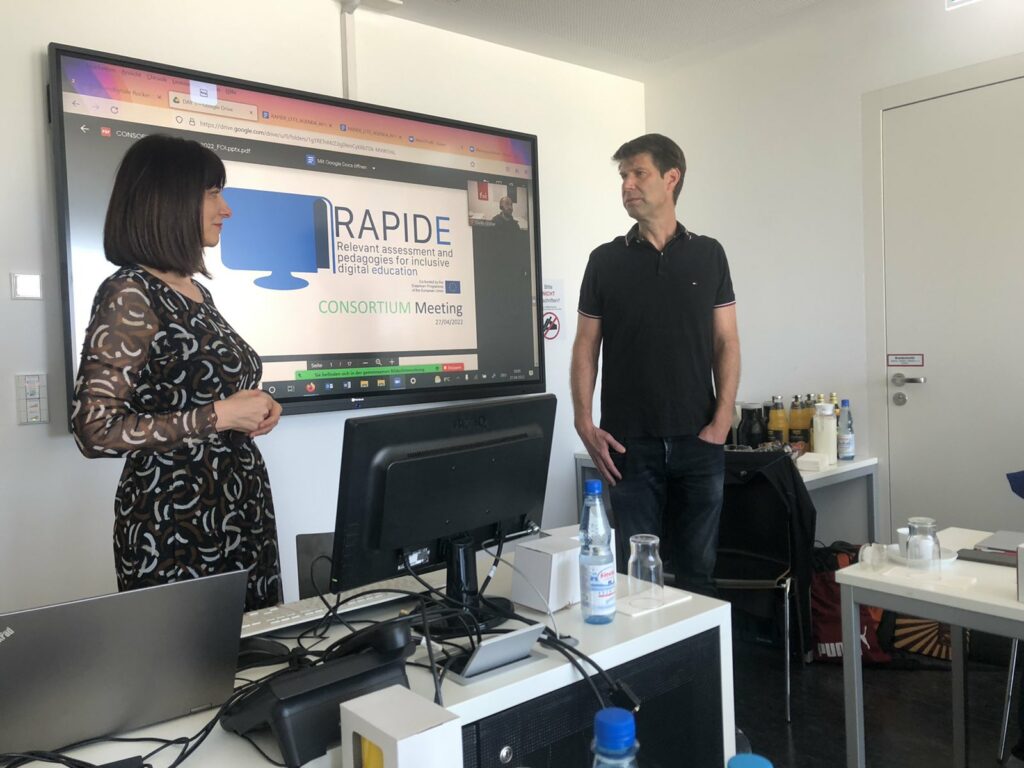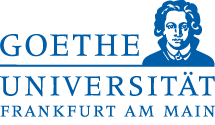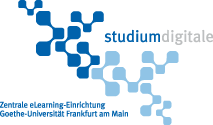
Die zentrale eLearning-Einrichtung studiumdigitale an der Goethe-Universität, vertreten durch Prof. Dr. Alexander Tillmann, Ralph Müller, Michael Eichhorn, Angela Rizzo war die Gastgeberin des Konsortiumtreffens und der LTT3-Aktivität im RAPIDE Projekt vom 27. bis zum 29. April 2022.
Das Treffen wurde als Hybridveranstaltung auf dem Campus Westend in Frankfurt ausgerichtet. Das RAPIDE-Projekt hat eine Laufzeit von 24 Monaten ab dem 1. März 2021. Das Projekt wird durch das Erasmus+ Programm KA 226 – strategische Partnerschaften für Digitale Bildung mit einem Gesamtbudget von 219.085 € gefördert.
Zu den Partnern dieses Projekts gehören neben der Goethe-Universität die europäischen Universitäten: „Delft University of Technology, School of Medicine, University of Zagreb, The Open University, University of Rijeka“, unter der Leitung des koordinierenden Partners Fakultät für Organisation und Informatik der Universität Zagreb.
Die Partner diskutierten den Projektplan für die nächsten sechs Monate und die Vorbereitung der Learning Dashboard für Workshops. Sie präsentierten Literatur-Reviews und eine Einführung in die an den Partnerinstitutionen durchzuführende Studierendenbefragungen zum Thema Learning Analytics. Zudem stellten sie einen Überblick über die strategischen Ziele der Partnerinstitutionen wie auch Best Practices in Bezug auf Learning Analytics-Dashboards mit der Funktion für Flipped Classroom und Algorithmen für Peer-Assessment vor. Es wurde eine Fokusgruppe mit Hochschullehrenden und Lehrdesigner*innen zu Verbesserungsmöglichkeiten bei der Dashboard-Gestaltung abgehalten. Eine Sammlung von Best Practice-Beispielen für die Evaluierung und Wirkungsanalyse von Flipped Classroom wie auch Work-Based Learning-Szenarien wurden ebenfalls vorgestellt. Darüber hinaus wurde eine systematische Einordnung der Fallbeispiele in den Kontext der strategischen Ziele der einzelnen Institutionen vorgenommen. Die Partner planten weitere Aktivitäten und Veranstaltungen wie zum Beispiel Multiplikatorenveranstaltungen und Workshops.

Der Beitrag der zentralen eLearning-Einrichtung der Goethe-Universität, studiumdigitale, zu diesem Projekt umfasst unter anderem einen systematischen Literatur-Review zur Wirkungsanalyse innovativer Lehre, qualitative Inhaltsanalyse (QCA) von Leitbildern und Strategiepapieren von Partnerhochschulen sowie Best Practice-Beispielen zu Evaluationsverfahren und Wirkungsanalyse.
Projektkoordinatorin ist Prof. Blaženka Divjak, Ph.D. von der Fakultät für Organisation und Informatik der Universität Zagreb.
Weitere Informationen über Ergebnisse, Aktivitäten, Veranstaltungen, Materialien und beteiligte Partner finden Sie auf der offiziellen Projektseite https://rapide-project.eu/en sowie auf den Facebook-, Twitter- und LinkedIn-Seiten des Projekts.
Fotos der Projekttagung und der LTT3-Aktivität sind verfügbar unter:
English Version:
RAPIDE project: hybrid consortium meeting and LTT3 activity held
The central eLearning facility studiumdigitale at Goethe University, represented by Prof. Dr. Alexander Tillmann, Ralph Müller, Michael Eichhorn, Angela Rizzo hosted the consortium meeting and LTT3 activity in the RAPIDE project from April 27-29, 2022.
The meeting was conducted as hybrid event and hosted by the Goethe University at the impressive campus Westend in Frankfurt. RAPIDE project lasts 24 months from March 1st 2021. It is funded by Erasmus+ program KA 226- Partnership for Digital education with the total budget of 219.085 €.
In addition to the Goethe University studiumdigitale, the partners of this project include the leading European universities: Delft University of Technology, School of Medicine, University of Zagreb, The Open University, University of Rijeka, leaded by coordinating partner Faculty of Organization and Informatics, University of Zagreb.
Partners discussed project plan for the next 6 months, preparation of LD for the workshops, presented literature review and introduction to student survey conducted at partners institutions, presented overview of strategic goals of partner institutions, presentation of best practices related to LA dashboards with functionalities for FC and algorithm for peer-assessment, focus group with teachers and instructional designers was held based on the questions for further improvements, gallery of best practice examples of evaluation and impact analysis of FC and WBL scenarios was presented. Furthermore, systematic classification of the showcases in the context of strategic goals of the institutions was conducted. Partners planned further activities and events: multiplier events and workshops.
The contribution of Goethe University’s central eLearning facility, studiumdigitale, to this project includes a systematic literature review on impact analysis of innovative teaching, qualitative content analysis (QCA) of mission statements and strategy papers of partner universities, and best practice examples on evaluation procedures and impact analysis.
Project coordinator is full Prof. Blaženka Divjak, Ph.D. from the Faculty of organization and informatics of the University of Zagreb. More information on results, activities, events, materials and partners involved are available on the official project website https://rapide-project.eu/en and Facebook, Twitter and LinkedIn pages of the project.
Photos from the project meeting and LTT3 activity are available at:


